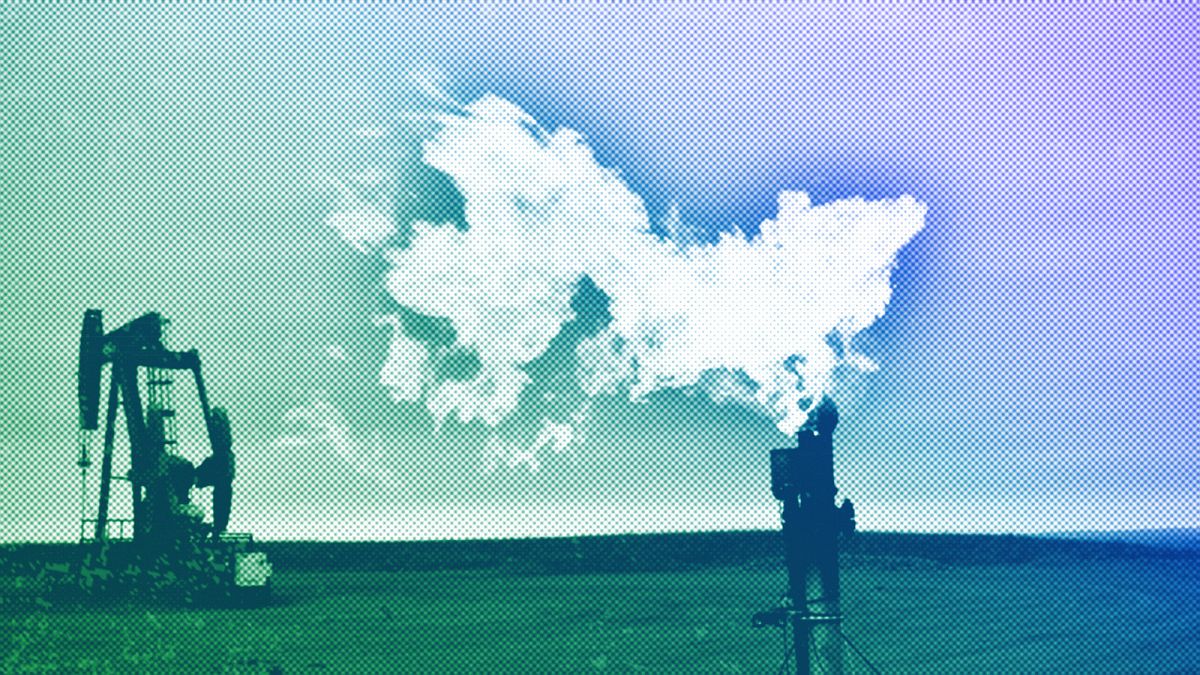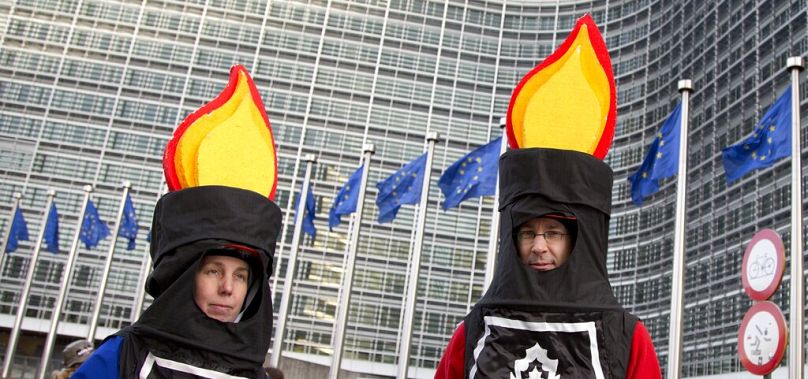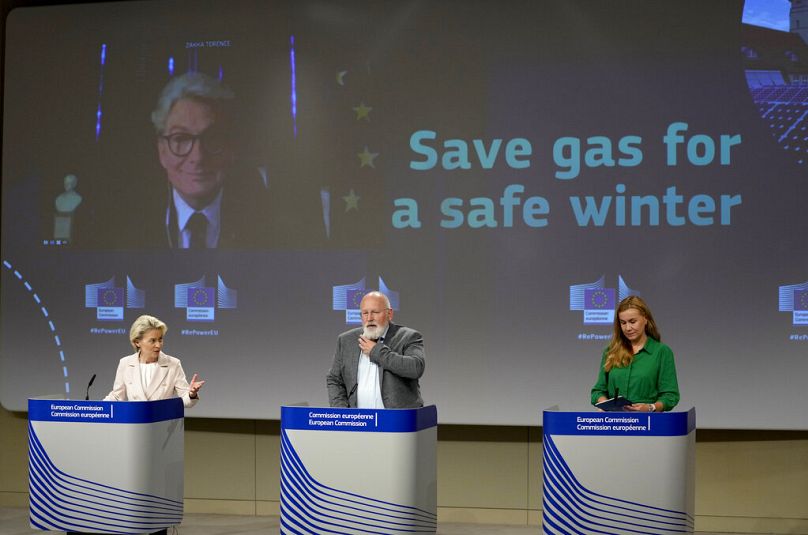In the dynamic landscape of climate policies, there will be many difficult choices ahead — urgently cutting all methane emissions is not one of them, Michal Kurtyka writes.
Global climate action is gaining momentum in exciting and unprecedented ways. For the first time in our history, every major economy is working towards accelerating a climate-neutral transition, presenting enormous opportunities that extend far beyond saving the planet.
It’s no secret that the drivers and solutions to climate change are fundamentally intertwined with nearly every crisis facing our societies today.
Building social equality, relieving economic hardship, and preventing pandemics are all innately tied to building a smarter and more sustainable relationship with our environment and its resources.
Climate transitions could pave the way, and the degree to which we root our approach in justice, fairness, and equity will ultimately shape our success in addressing other challenges.
Five years ago, I had the honour to preside over COP24, and with COP28 taking place right now, it’s more important than ever to capitalise on unique “win-win” climate solutions that deliver benefits not only to our communities and industries but also to our partner countries around the world.
One example of this is the EU’s leadership in the fight to cut global methane emissions, a greenhouse gas that is over 80 times more potent than carbon dioxide in warming the planet.
Getting serious about methane emissions
When methane is captured, it can be used to create power and heat homes, making cutting these emissions one of the most cost-effective climate solutions available.
In fact, in 2022, the global oil and gas industry wasted roughly €80 billion of gas through venting, flaring and leaks.
Even though cutting these emissions makes sense for our climate, economies, and energy security, methane didn’t emerge as a global priority until COP26, when the EU helped lead over 100 countries to agree to the Global Methane Pledge, to cut 30% of global methane emissions by 2030.
Now, the EU’s leadership continues to deliver. As the world’s largest importer of gas and oil, it’s uniquely placed to help these industries cut emissions — over 90% of the EU’s gas and 97% of its oil comes from abroad.
Last month, the bloc agreed to its first-ever rules on methane pollution in the energy sector, which included the world’s first import performance standard to reduce emissions from fossil fuels produced outside the EU.
In doing so, the EU has sent a strong message to other major importers: if you want to get serious about your methane emissions, you may need to look beyond your own borders.
No risk to EU energy security
In the dynamic landscape of climate policies, there will be many difficult choices ahead — urgently cutting all methane emissions is not one of them.
A new analysis from Rystad Energy shows that due to the relatively low costs of cutting emissions, applying an EU-phased performance standard on oil and gas produced abroad starting in 2027 would have at most very small costs for consumers: a few euros per year for homes heated with gas, and a penny per litre for petrol or diesel.
In addition, due to the evolution of the global energy market post-2025, there would be no risk to EU energy security.
It should also be underlined that a methane performance standard, compared to some of the EU’s other border adjustment mechanisms, presents significantly more benefit to partner countries.
Clean Air Task Force estimated that if partner countries were to fully abate methane emissions in the oil and gas sector, they would save roughly 90 bcm of gas each year from being wasted, equal to the annual gas consumption of Germany, or €54bn.
Furthermore, the policy would improve the lives of over 10 million people in partner countries who live in proximity to gas flaring, which can cause respiratory diseases and other health issues.
Solutions with no losers, only winners
With such widespread benefits for all stakeholders, other countries shouldn’t hesitate to follow in the EU’s footsteps.
In just the first days of COP28, leaders have demonstrated that methane remains a global priority, committing over $1bn (€920 million) to cut emissions.
This is a promising start, and the momentum must continue. For many countries, extending national plans to cover imported fossil fuels would be an impressive deliverable, and a prime example of how fair climate policy can pave the way for broader health, economic, and energy security benefits around the world.
Smart climate action is an opportunity, not a burden, and when the stakes are this high, it’s important to capitalise on the solutions where no one loses, and everyone wins.
Michal Kurtyka served as President of COP24 in 2018. He is also the former minister of climate, energy and environment of Poland.
At Euronews, we believe all views matter. Contact us at view@euronews.com to send pitches or submissions and be part of the conversation.


